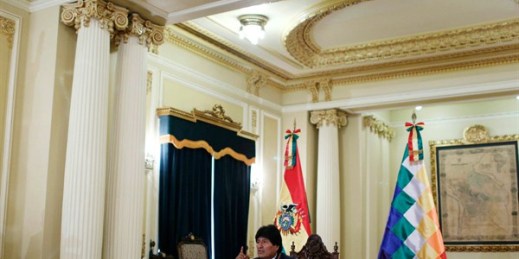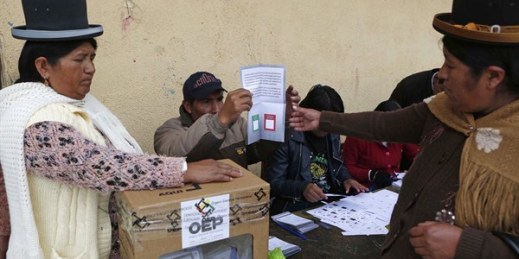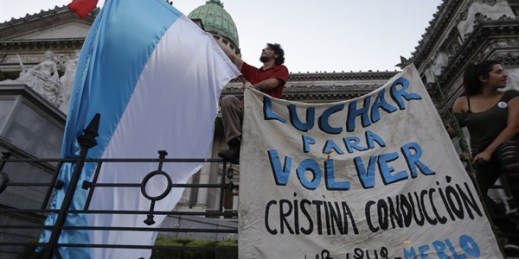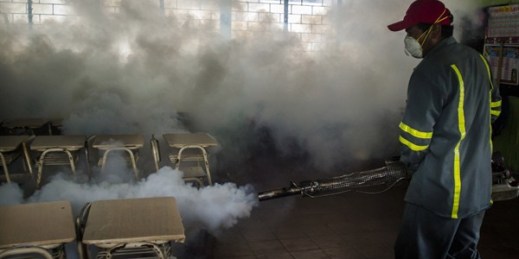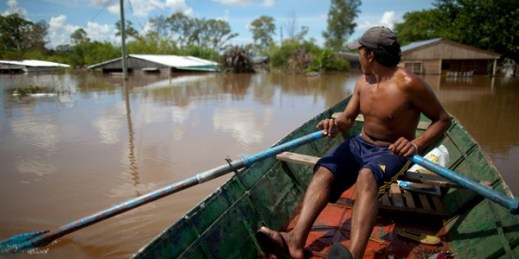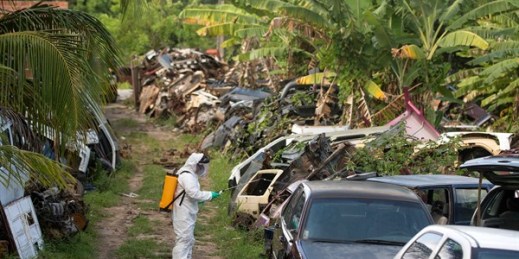
The Zika virus is not new, but its spread and possible connections to microcephaly—a birth defect in which a baby has an abnormally small head—have caught the international community’s attention. Zika is not the same kind of challenge as Ebola, but it will require some similar measure of international cooperation to adequately address. While the World Health Organization’s declaration of a Public Health Emergency of International Concern on Feb. 1 is a good start, there are still fundamental questions that could complicate the international community’s response. Why is Zika spreading now? The virus, which emerged out of its relative geographic […]

